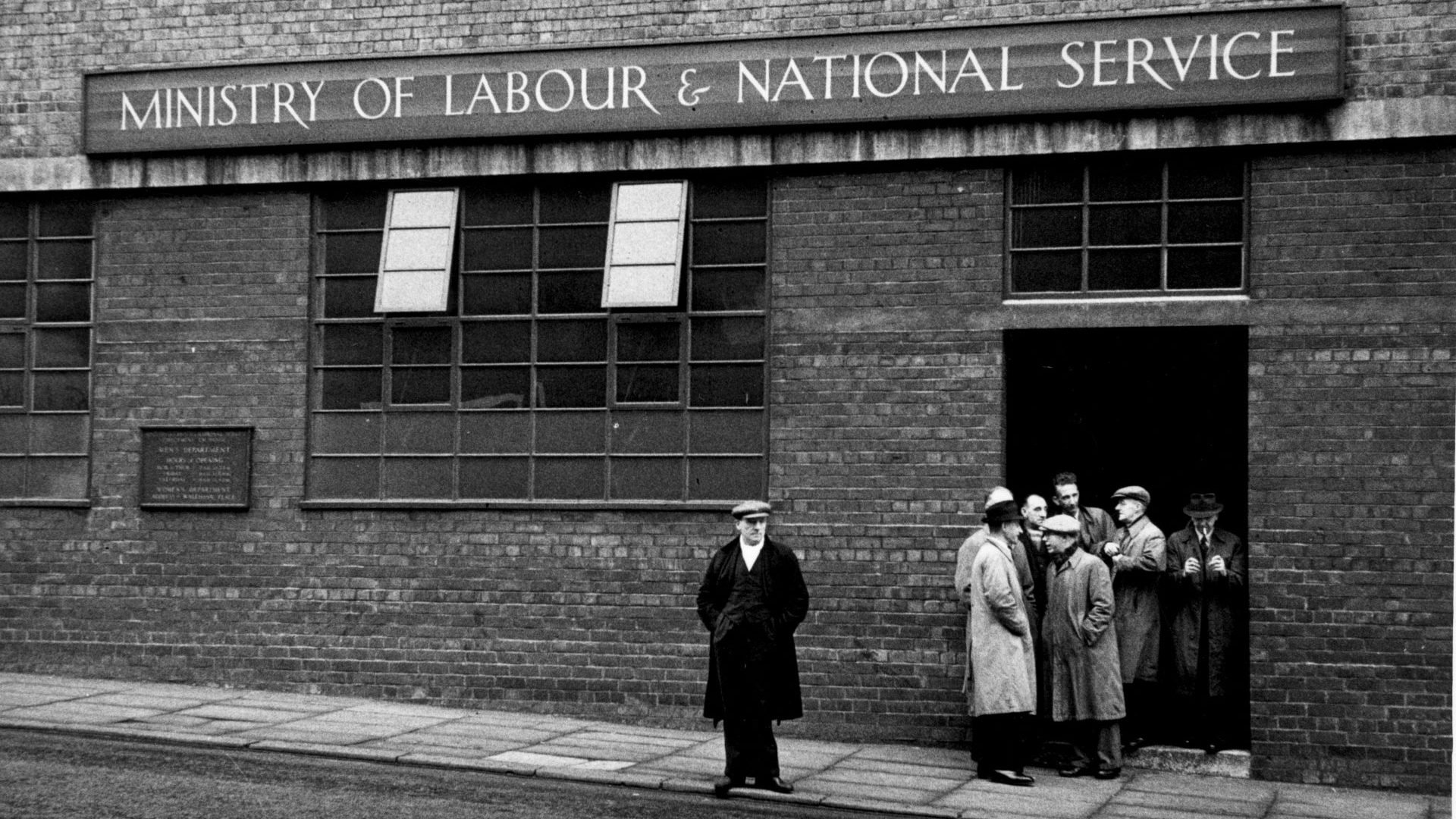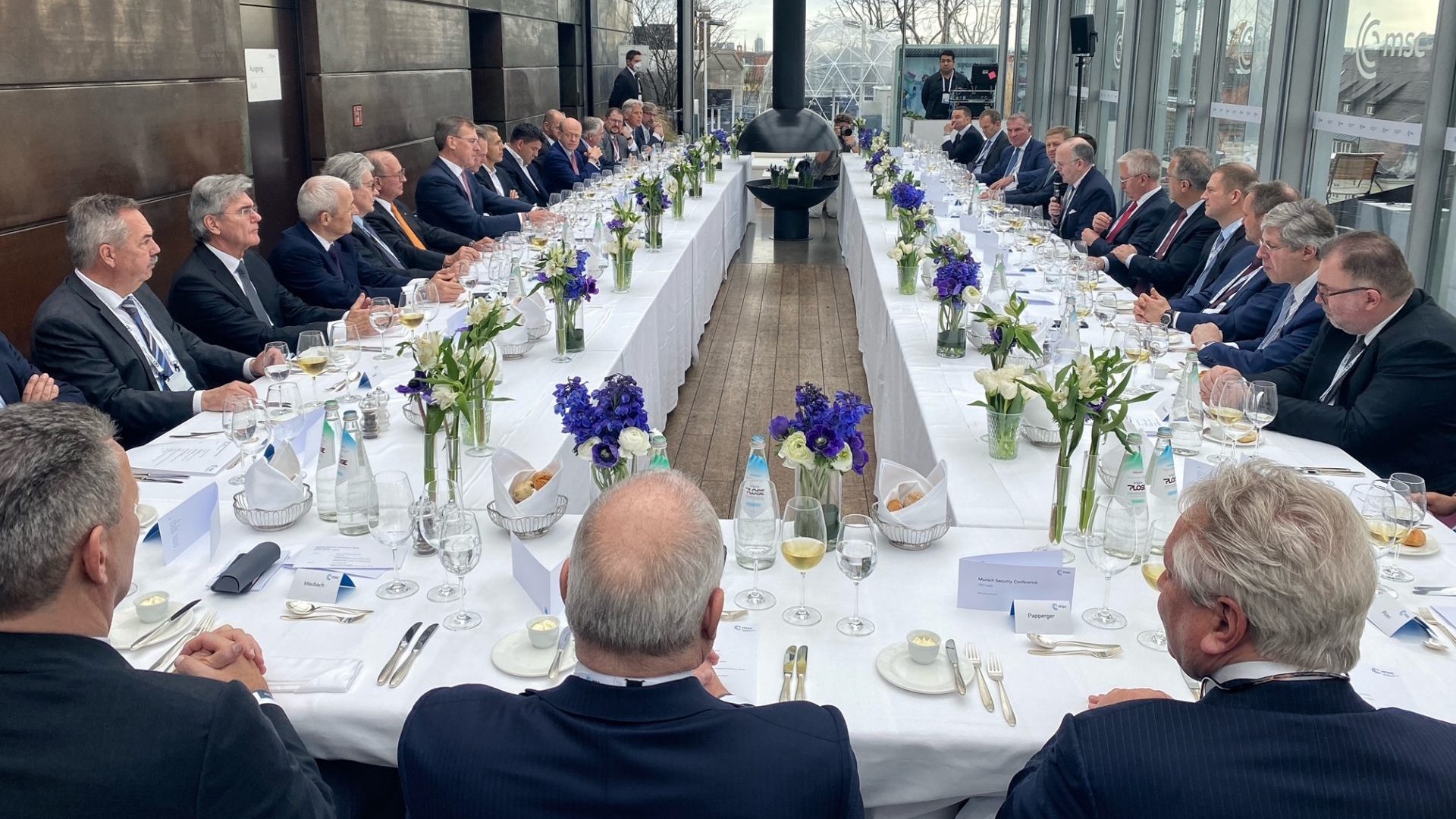After so many years of anti-EU rhetoric from UKIP, the Conservative party and the media, followed by six years of relentless debate about Brexit, both before and after the referendum, it is sometimes hard to remember why the UK joined the EU in the first place.
The answer is simple. It was the sick man of Europe, had missed the bus and was falling behind its competitors. Britain’s productivity was declining relative to the main countries of what was then called the European Economic Community (EEC) and its attempt to set up an economic rival – the European Free Trade Area (Efta) – had failed miserably.
The UK’s relationship with the nascent EU was troubled, to put it mildly. It refused to join the first glimmerings of cooperation, the European Coal and Steel Community, on the grounds that “the Durham miners won’t wear it”. Then it only sent an observer to the negotiations that led to the Treaty of Rome in 1957.
Its arrogant contempt for a project it was convinced would fail soon faded away, and although it founded the Efta in 1960, by 1961 it was trying to negotiate membership of the EEC. By 1963 the UK was applying to join. This was not exactly a vote of confidence in its own rival trading block. The fact is that it was evident almost immediately that the UK had made a terrible mistake by not joining at the start.
To be fair, the odds had been against it. The French were against it joining, and the new organisation started off as a way for German industry to be allowed to grow after the war. The price was that Germany massively subsidised French agriculture. Charles De Gaulle saw it as a Franco-German club with a few hangers-on, and never trusted the British not to muck it up or focus more on Atlantic and Commonwealth relations – how right he was.
But even given all that, the UK had little option but to join, and by the 1960s at the latest, the economic case was overwhelming. By 1950 the difference in per capita GDP between the UK and the EEC’s founding six nations was 28%, the British had won the war and the economy had grown. But just seven years later, when the Treaty of Rome was signed, the gap stood at 15%. By 1967 it was down to 6% and by 1969 the founder members of the EEC had overtaken the UK.
The reasons are not difficult to find and should worry policymakers today. The UK economy had grown lazy, selling second-rate goods to captive markets. It was fine producing for domestic consumption and exporting to the Commonwealth – hardly demanding customers – yet when it tried to sell those same products in the EEC it was being murdered by new, efficient industries. Having to compete with German carmakers or French consumer goods firms made similar companies in other EEC countries improve or die. The UK was missing out on that competitive drive and was suffering as a result.
That is why joining the group was such a shock for the British economy. Industries that had done perfectly well supplying the UK market, supplemented by exports to the former empire, got a rude awakening.
Just look at the domestic British car industry: it was wiped out. Even when BMW took over Rover in 1994, it was quickly christened “The English Patient” and was abandoned to its fate as soon as it became clear it could not be saved. There are no British-owned mass car producers left in the UK; only foreign-owned and run firms have survived. British companies, bosses, designers and workers thrive when foreign-owned, but on their own, they were easy pickings for the likes of VW, Fiat, Citroen and all the rest.
But there were compensations. The relative decline of the UK vis-a-vis the EU stopped almost the second it joined. More competition and access to a huge market count.
Then under Margaret Thatcher, the UK had a huge influence on the future direction of the EU. It led the bloc’s move away from a frankly ridiculous amount of spending on agriculture towards the real benefits of such an economic grouping, the single market. There is even a debate about whether membership of the EU was more important to the UK than those far more famous Thatcherite reforms, or even whether it made them possible.
It was Thatcher’s appointment to the European Commission, Lord Cockfield, who led the charge to create a proper single market. In fact, he helped to create the largest market in the world; barriers to trade were reduced, co-ordination of standards and regulations was enhanced, subsidies cut, national champions were forced to compete, all leading to an increasingly level playing field.
The airline industry is a perfect example. Europe’s airspace was forced open, competition encouraged, new entrants to the sector thrived, new routes multiplied, fares fell, and standards improved. Ryanair and EasyJet became huge airlines – a previously impossible achievement.
As part of the changes that created the single market, the EU became a standards superpower. If you wanted to do business in the EU, you had to meet its common standards. These have become the gold standard of standards, so to speak, and allowed the EU to become a rule-maker, not a rule-taker, something the UK is going to discover to its cost.
But while it was a member, this gave the UK a huge advantage, as one of the most free-market economies in Europe, with a flexible labour market, an excellent legal system and the massive advantage of speaking English. All that and it was still within the single market, meaning it attracted more and more inward investment.
This in turn was a huge boost to productivity, for the simple reason that foreign firms that wanted to make and sell their products in the EU set up shop in the UK and sent their brightest and best to the UK to do business. They invested vast amounts in the latest technology and managed and trained their workers far better than homegrown firms.
They also demanded that their suppliers did the same – the knock-on effects have been felt far and wide in the UK. Our productivity levels are still lamentable compared with France, Germany, and the US (between 20% and 30% lower) but they would be far, far worse without inward investment.
All of this has been abandoned with Brexit. The factors that helped to improve the UK’s growth rate, productivity and attractiveness are slipping away. Not totally – we still speak English, have a good if struggling legal system, brilliant universities and a free-market economy – but the trade, growth and inward investment figures do not lie.
Nor is it possible to ignore the fact that Brexit supporters seem to hark back to the 1950s all the time. They dream of trade deals and ever closer ties with the Commonwealth as some kind of substitute for EU membership. The very economic policy that was known to be failing miserably by the 1950s has now been pushed front and centre once again.
We seem to be pining for a period when we were in relative decline and not only that, we are now actively recreating the circumstances that led to that decline




